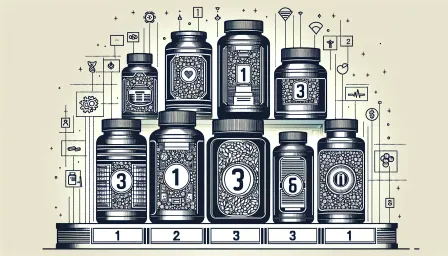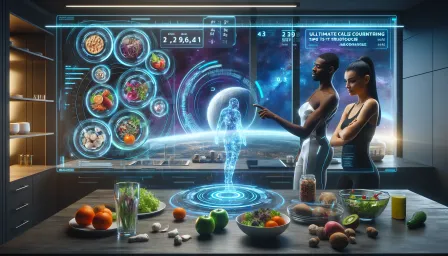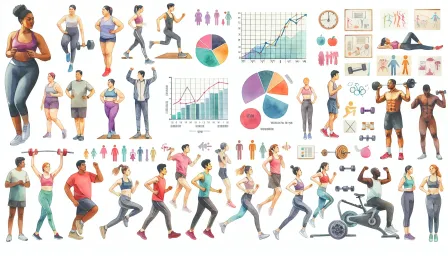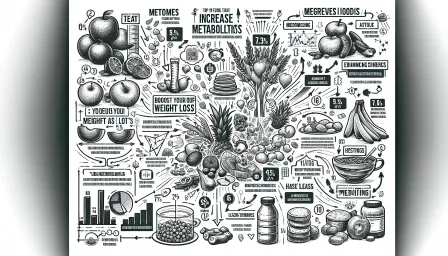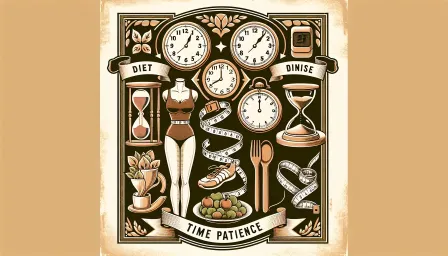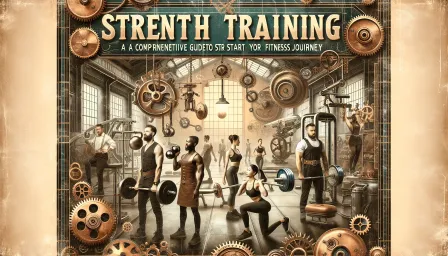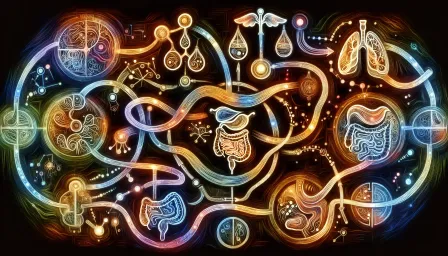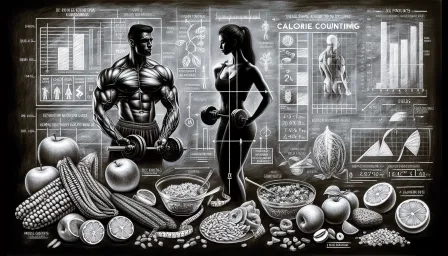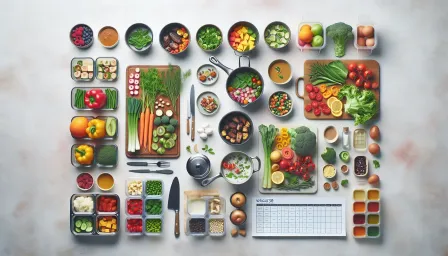Must-Have Items on Your Vegan Diet Food List
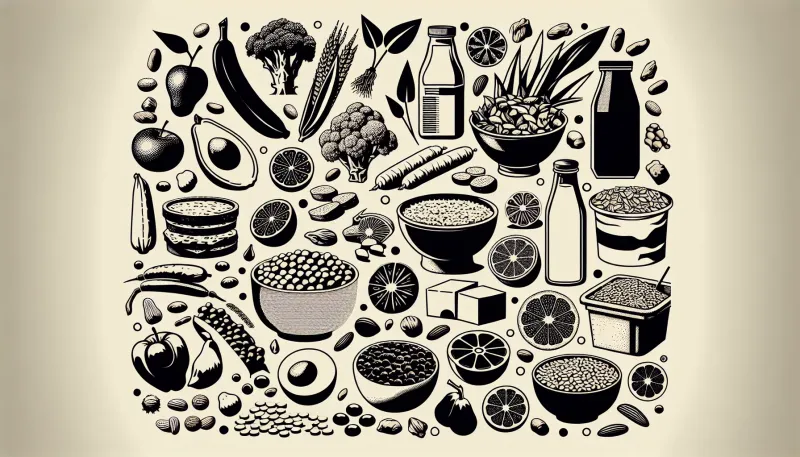
Discover the essential items to include in your vegan diet food list. Stay healthy and balanced with these key ingredients and tips for a vegan lifestyle.
Embarking on a vegan diet, whether for ethical, environmental, or health reasons, is a rewarding and transformative experience. However, ensuring you get all the nutrients your body needs can be challenging without proper planning. To help you out, we've compiled a comprehensive vegan diet food list covering all the essential items you need.
Why Opt for a Vegan Diet?
A vegan diet, free from all animal products, promotes numerous health benefits such as reduced risks of chronic diseases, improved heart health, and better weight management. Additionally, it supports environmental sustainability and animal welfare.
Fruits and Vegetables
Fruits and vegetables form the foundation of a healthy vegan diet. They are rich in vitamins, minerals, fiber, and antioxidants, which are crucial for overall health.
Leafy Greens
Include spinach, kale, swiss chard, and collard greens in your diet. They are excellent sources of iron, calcium, and folate.
Colorful Veggies
Bell peppers, carrots, sweet potatoes, and tomatoes add a plethora of nutrients and vibrant colors to your meals. They provide vitamins A, C, and E, as well as potassium.
Fruits
Incorporate a wide variety of fruits like berries, apples, oranges, bananas, and mangoes. These fruits are not only delicious but also provide essential vitamins, antioxidants, and dietary fiber.
Legumes
Legumes are a fantastic plant-based source of protein and fiber. They help keep you full and energized throughout the day. Essential legumes for a vegan diet include:
Beans
Black beans, kidney beans, lentils, chickpeas, and navy beans are versatile and nutrient-dense. They are packed with protein, iron, and essential amino acids.
Peas
Green peas, split peas, and snow peas are great for adding variety to your meals and boosting your protein intake.
Whole Grains
Whole grains provide carbohydrates for energy along with fiber, vitamins, and minerals. Include these grains in your vegan diet:
Quinoa
Quinoa is a complete protein and packed with essential amino acids, making it a perfect grain for vegans.
Oats
Oats are high in fiber and can be a hearty breakfast option. They also contain essential nutrients like manganese, phosphorus, and magnesium.
Brown Rice
Brown rice is a whole grain that provides long-lasting energy and contains more nutrients compared to white rice.
Nuts and Seeds
Nuts and seeds are nutrient powerhouses rich in healthy fats, protein, and various vitamins and minerals. Here are some must-have options:
Almonds
Almonds are a great source of vitamin E, magnesium, and protein. You can enjoy them as a snack or use almond butter in recipes.
Chia Seeds
Chia seeds are rich in omega-3 fatty acids, fiber, and protein. They can be added to smoothies, oatmeal, and desserts.
Flaxseeds
Flaxseeds are another excellent source of omega-3s and can be used as an egg replacement in vegan baking.
Plant-Based Proteins
To ensure you're meeting your protein needs on a vegan diet, make sure to include various plant-based proteins:
Tofu and Tempeh
Tofu and tempeh are versatile soy products that provide a substantial amount of protein, calcium, and iron.
Seitan
Seitan, made from wheat gluten, is a popular meat substitute with a texture similar to meat and high protein content.
Plant-Based Dairy Alternatives
For those who miss dairy products, there are plenty of plant-based alternatives available:
Non-Dairy Milk
Almond, soy, oat, and coconut milk are excellent replacements for cow’s milk and can be used in cooking, baking, or just enjoyed on their own.
Vegan Cheese
From spreadable cream cheeses to cheeseblocks, there are numerous vegan cheese options made from nuts, soy, or coconut.
Yogurt
Dairy-free yogurts made from almond, coconut, or soy milk are delicious and rich in probiotics.
Essential Supplements
While a well-planned vegan diet can provide most of the nutrients you need, some supplements might be necessary:
Vitamin B12
Vitamin B12 is crucial for nerve function and red blood cell production and is typically found in animal products. Consider taking a B12 supplement or consuming fortified foods.
Vitamin D
Vitamin D is essential for bone health and immune function. Get your levels checked and consider a supplement if needed, especially in winter months.
Omega-3 Fatty Acids
Supplementing with algae oil can help ensure you're getting enough omega-3s, vital for heart and brain health.
Conclusion
Transitioning to a vegan diet can be smooth and enjoyable with the right planning and essential foods on your list. By including a variety of fruits, vegetables, legumes, whole grains, nuts, seeds, and plant-based protein sources, along with necessary supplements, you can maintain a balanced and nutrient-rich diet. Happy eating!





